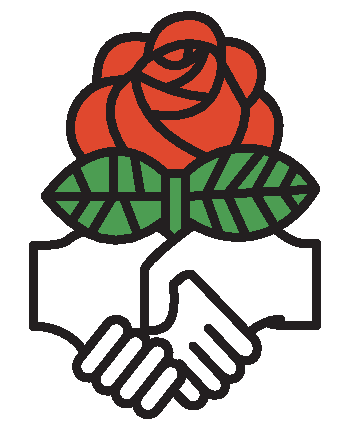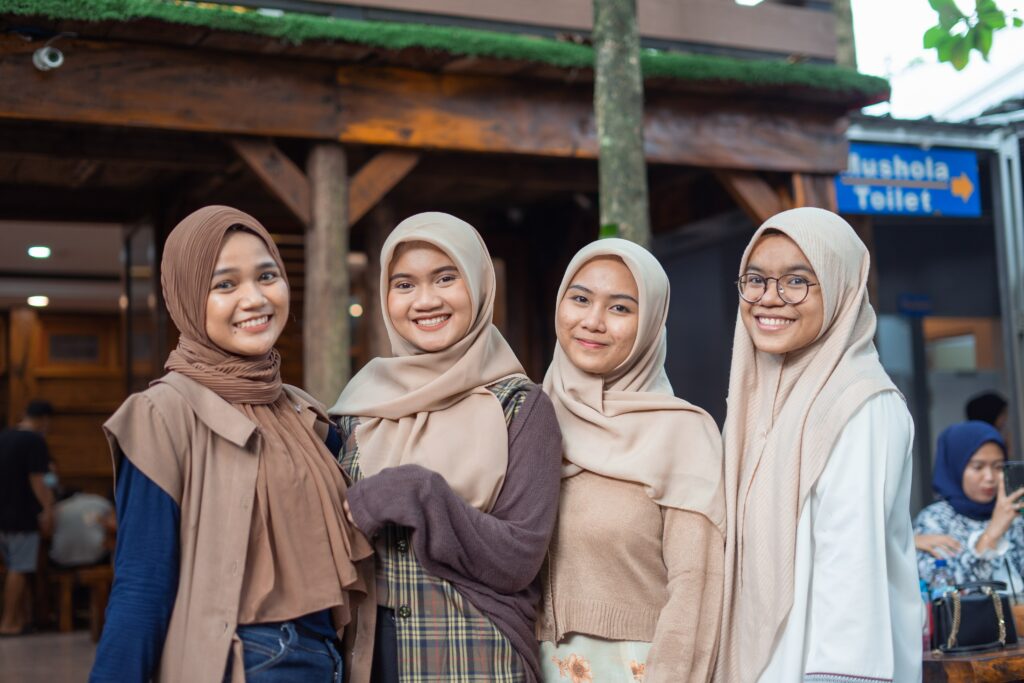The Millennium Development Goals: The Vision of the Socialist International Women for the Post-2015 Development Agenda
Luanda, Angola, 10 to 12 April 2014
Declaration
The Millennium Development Goals (MDGs) were established in 2000 by the United Nations to eradicate extreme poverty worldwide, to achieve sustainable development and offer a decent and dignified life for all. It is fair to say that these objectives succeeded in mobilising the international community to build a better world.
Regional instruments and mechanisms, countries and the United Nations could play a more important role for women and girls in the implementation and monitoring of the MDGs.
Indeed, although significant progress has been made on all eight MDGs, it is clear that the achievement of these results has been slow, uneven and unbalanced, especially with regard to the situation of women and girls worldwide.
The MDGs, as real humanitarian issues, remain elusive without gender equality, emancipation, empowerment of women and the end of violence in all its forms. Also, the necessary conditions for preserving the achievements gained are threatened by population growth, climate change, political and economic conflicts and all other types of crises.
Gender inequality creates and feeds several inequalities, such as violence, lack of access to education and training. Poverty has a female face today. Indeed, the link between poverty and inequality is a major challenge for development and peace and a tool in the fight against extreme poverty.
Therefore, members of the Socialist International Women (SIW) and those of civil society organisations in Africa, gathered in Luanda on 10 to 12 April 2014, at the invitation of the Organisation of Angolan Women (OMA) of the Popular Movement for the Liberation of Angola (MPLA), and after reviewing the priorities defined by the SIW during its participation in the 58th session of the Commission on the Status of Women (CSW), state as follows:
The acceleration of the MDGs by 2015 must be built on a promotional based approach. The protection and respect for human rights and the fundamental freedoms of women, including the right to development, are all universal, indivisible, interdependent and interrelated, and should be integrated into all policies and programmes aimed at the eradication of poverty. There is a need to take steps to ensure that every person has the right to participate in, contribute to and enjoy economic, social, cultural and political freedom. Equal attention and urgent consideration should be given to the promotion, protection and full realisation of civil, political, economic, social and cultural rights.
Violence is both a cause and a consequence of poverty and it also has an impact on other objectives such as employment, child and maternal mortality. Rape, and trafficking of women, forced and early marriage, female genital mutilation and sexual exploitation of women and girls in conflict situations are risk factors for HIV transmission.
Participants strongly condemn all forms of violence against women and girls. They expressed deep concern that discrimination and violence against women and girls continue to affect all regions of the world. All forms of violence against women and girls are obstacles to the development of their full potential as equal partners with men and boys in all aspects of life, as well as obstacles to achieving the MDGs. Participants placed particular emphasis on accelerating the achievement of MDG 3 on promoting gender equality and the empowerment of women and girls, access to key decision-making bodies and declare a zero tolerance to all forms of discrimination and violence against women and young people in SIW member parties and fraternal organisations, and any other organisation that shares the same values and principles regarding women.
Participants welcomed and adhere to the Joint SI and SIW campaign launched during the regional meeting to fight against all forms of violence against women and girls.
While significant progress has been made in primary school admissions and in reducing gender disparities in primary education enrolments, there is reason to be concerned about the lack of focus on the important role of the family and the education of women and girls in this aspect. The quality of education and vocational training for girls is the basis of the building of any society. It should also be noted that the lack of progress in bridging the gender gap in access to, retention and completion of secondary education, contributes more strongly than only attending primary school to achieving gender equality, as well as women’s empowerment, the human rights of women and girls and various other social and economic benefits. The majority of young women lack basic education. Education and training of women and girls in their family and school are proving key to ending as well as a prerequisite for the fight against poverty.
The fight against poverty is a priority, considering the fact that over 70% of the poor are women. The role of women in food security, family welfare and agriculture and disaster management and other effects of climate change is recognised worldwide. However, access to land, means of production and property is too low, or even non-existent in some countries. Fight against poverty involves fighting against the inequalities that exist between men and women and ensure their rights including land and economic resources.
The Socialist International Women (SIW) and civil society gathered in Luanda are convinced and committed that: Eliminating violence, free education and training and poverty eradication are the three key levers for achieving any goal for a better world.
_______________

